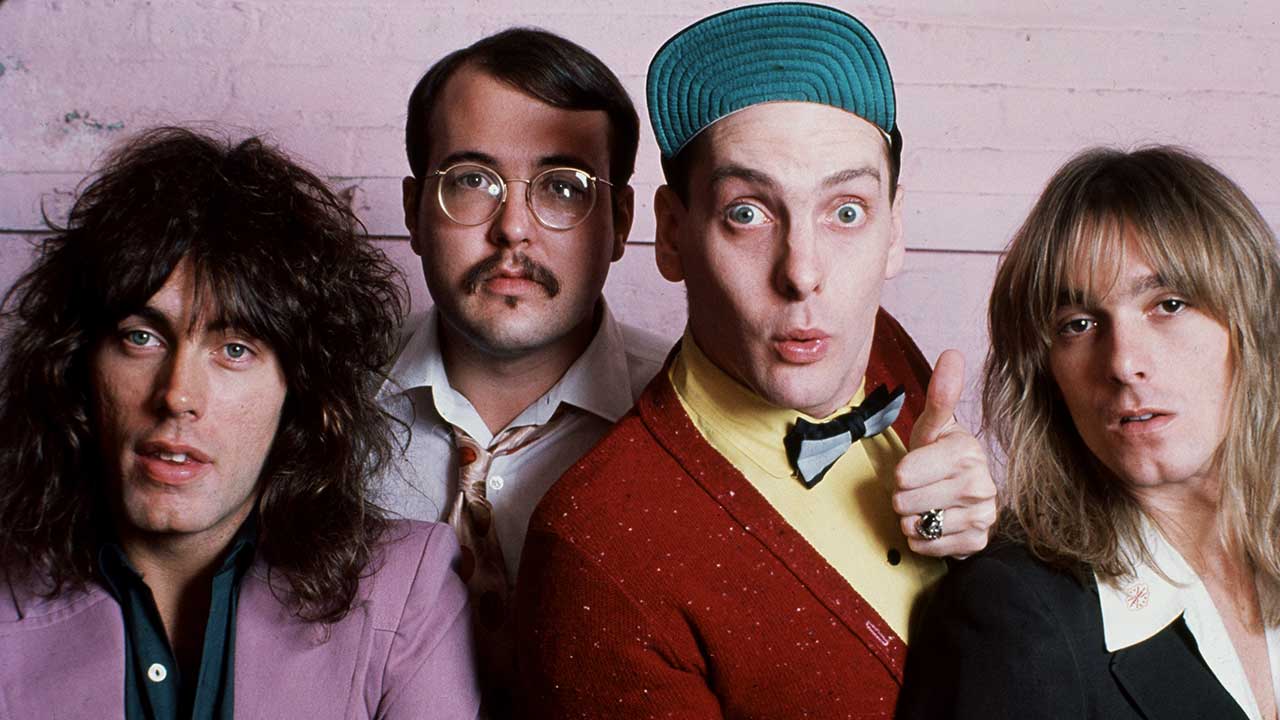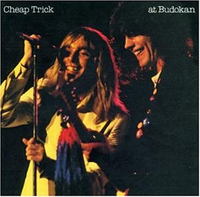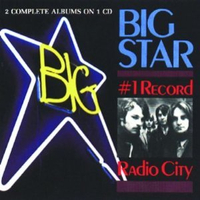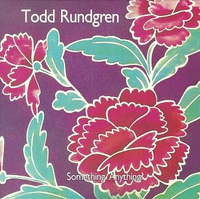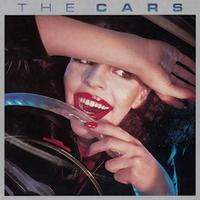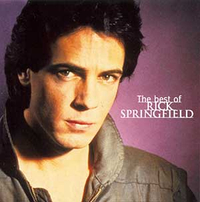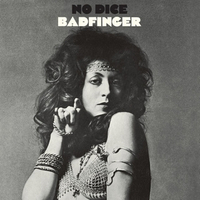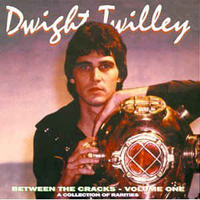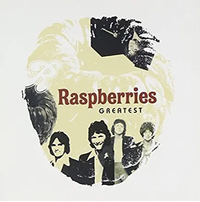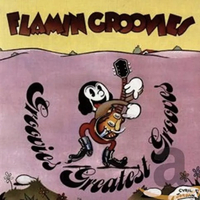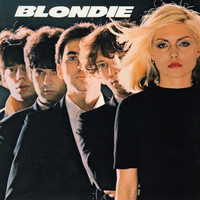Crow-barred in somewhere between pop-rock and post-punk, you’ll have the devil’s own job trying to nail power-pop down.
Was it present in the early 70s cheery cheese of Raspberries and The Shoes? Did it begin with the glorious Big Star? Or perhaps Cheap Trick cooked it up in a toe-tapping moment of cheeky hilarity?
Maybe it only really started with the new wave of big bang, heralded in by thos clever-dick college boys with severe side partings and too-tight jackets, The Cars? For the ‘power’ bit, do you include the Buzzcocks? Does the ‘pop’ part reach as far as Blondie? It’s all anybody’s guess. The Strokes might claim to be powerpop revivalists, but whose music are they reviving – The Knack? The Vibrators? 20/20?
Power-pop is a genre in which those at one end might have absolutely bugger all in common with those at the other. It’s the nutty, speedy little cousin to pop-rock and pop-metal, the one who shows up reluctantly at family gatherings and then stands in the corner bobbing his head to whatever’s playing on his headphones.
But, wait up, the little fella still has plenty to offer the discerning listener – especially those prepared to blur the edges of strict musical pigeon-holing in search of unfileable hidden gems. For collectors and cultists, obscurists and obsessives, power-pop is the gift that keeps on giving. And unlike most other genres it’s one that has its roots in the 70s rather than in preceding decades.
The term itself is said to have been coined by Pete Townshend in 1967 (“Power-pop is what we play”), although it wasn’t a label that stuck to The Who. Instead it was to be applied to emergent bands such as Badfinger, who began as protégés of Paul McCartney but got heavier and riffier – No Matter What, from their first album No Dice, could well be considered a genre definer.
Their 1971 album Straight Up – which could also have easily made this list – co-produced by George Harrison and Todd Rundgren, was a powerpop landmark too. Rundgren was among those who did run with the baton, accompanied by Big Star, Raspberries, the Flamin’ Groovies and Dwight Twilley.
Cheap Trick encapsulated what most think of as power-pop with their 1979 album At Budokan, and The Cars and Rick Springfield broke through around the same time. By the time Buzzcocks’ Pete Shelley wrote Ever Fallen In Love (With Someone You Shouldn’t’ve), the gates were open – new wave, punk, post-punk, college rock… they would all draw on the 70s power-pop sound.

